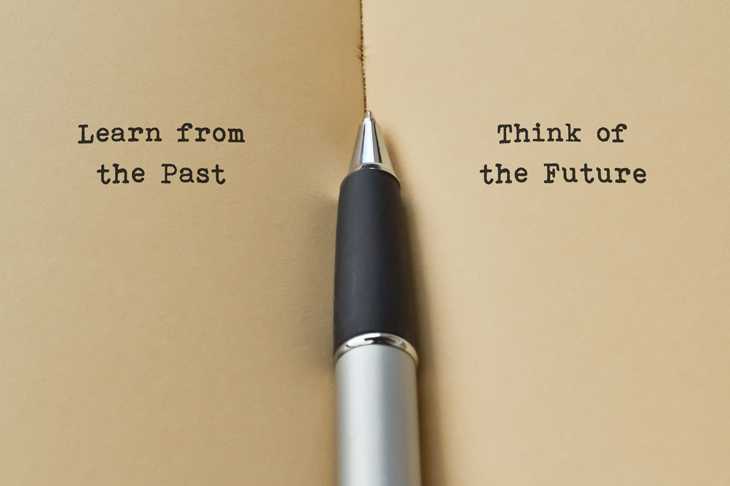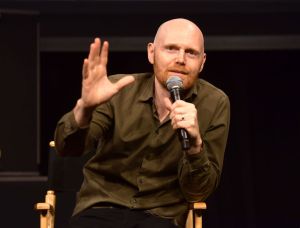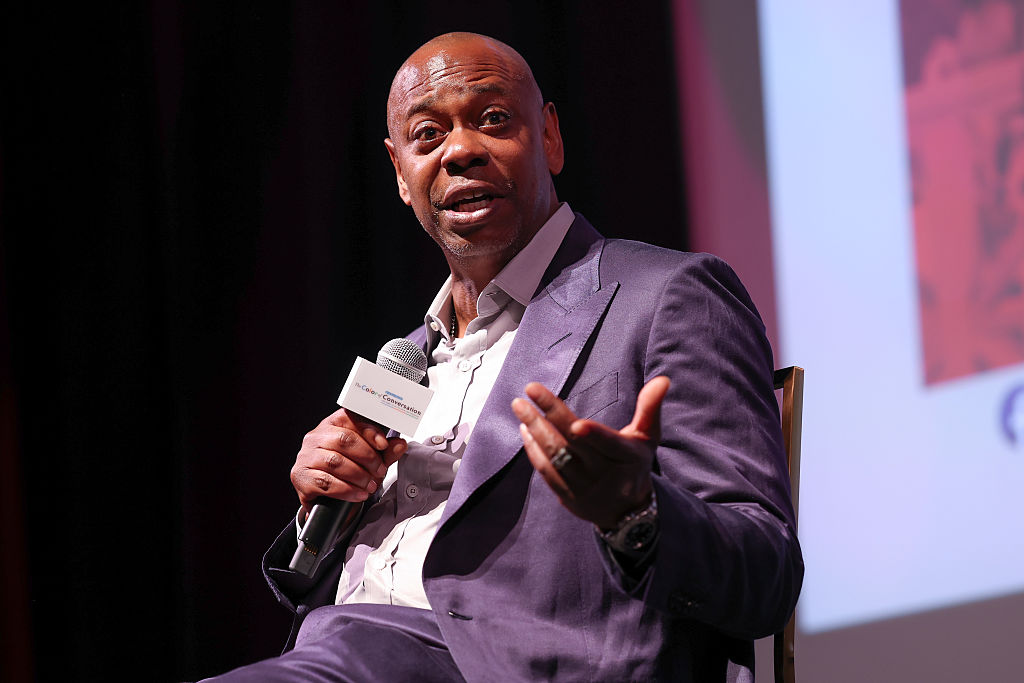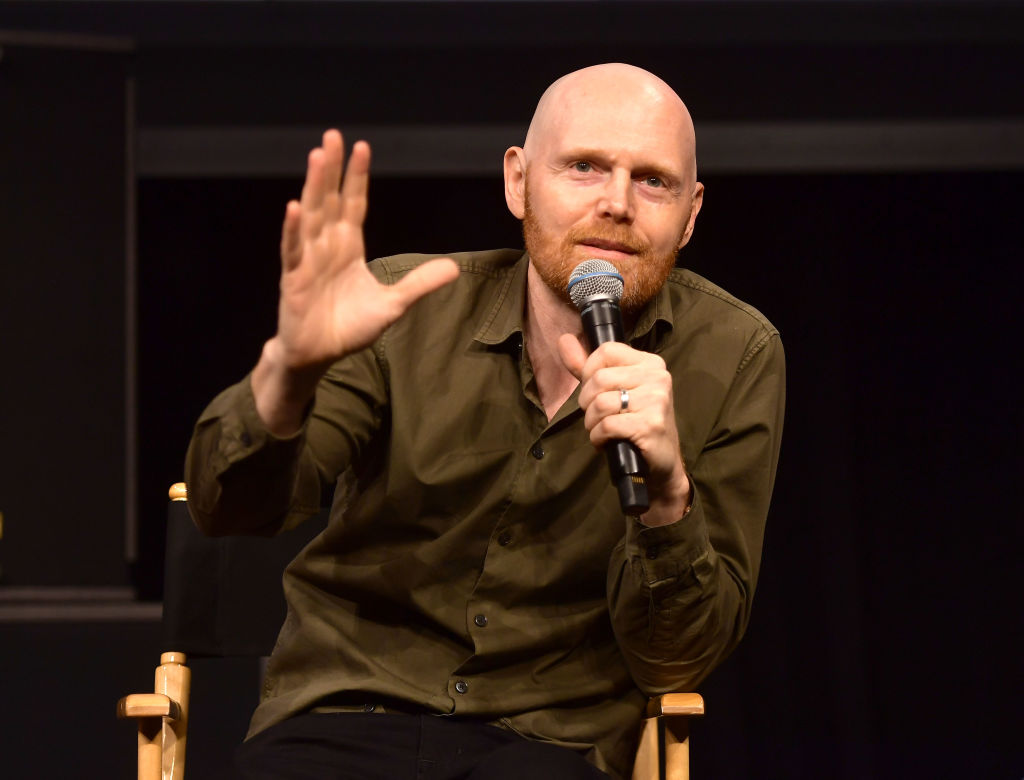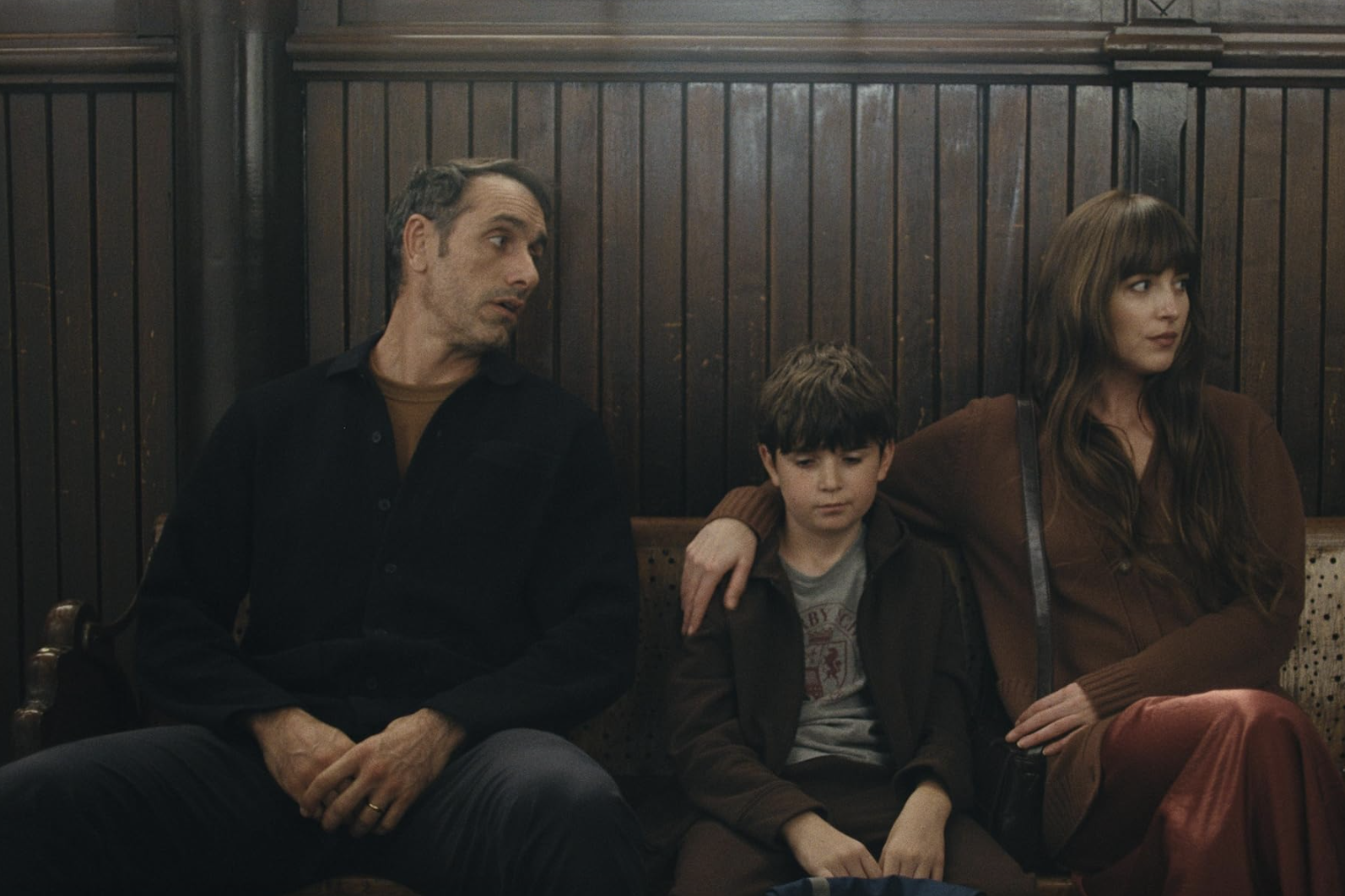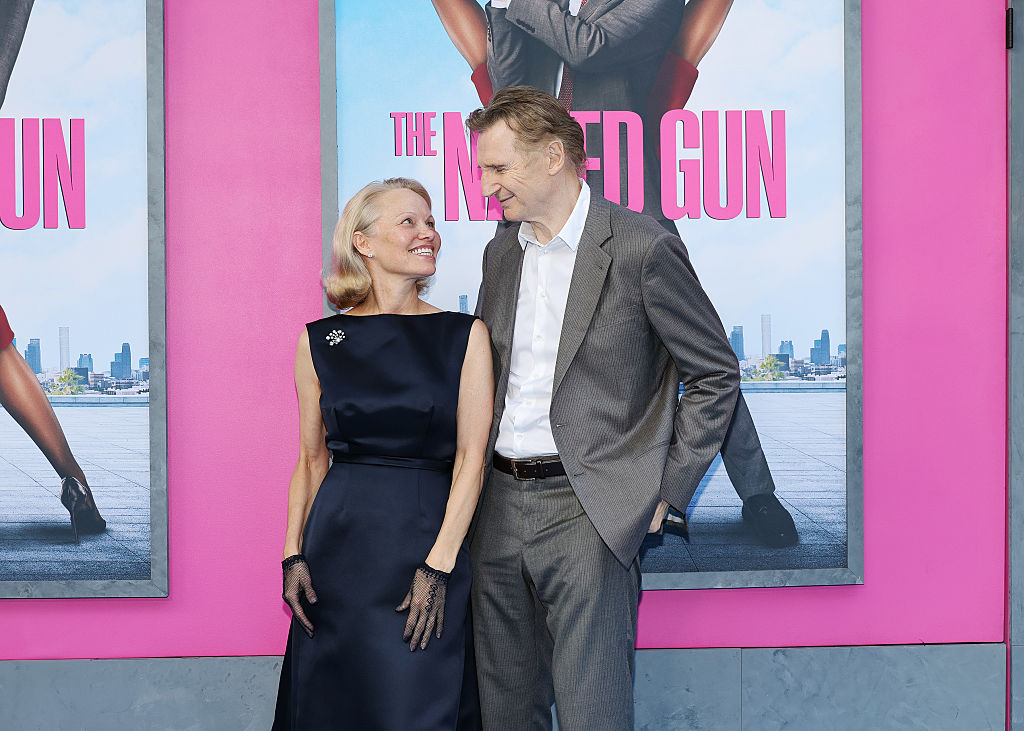Is there anyone left who’d still be mortified to have it known that they’d purchased, or maybe even benefited from, a self-help book? In recent years, the genre’s gone mainstream: Jordan Peterson’s 12 Rules for Life bestrides the bestseller lists, alongside titles on the Danish, Finnish and Japanese secrets to health and happiness, and the life-changing magic of tidying up; Alain de Botton embraces the label, while most ‘big ideas’ books, from Malcolm Gladwell to Yuval Noah Harari, are at least partly self-help in disguise. This is all to the good: we shouldn’t mourn the era when the key signifier of a book’s merit was that it should be impossible to extract anything useful from it. (That attitude would have been alien, incidentally, to the philosophers of ancient Greece and Rome, who intended their work to be therapeutic.) Moreover, we talk more freely these days about mental health. Admitting that you might want to be happier or more fulfilled than you currently are no longer defines you as a hopeless loser, or an American.
In this context, Help Me!, a debut memoir by the journalist Marianne Power, recounting a year spent attempting to live by the dictates of self-help, risks feeling slightly anachronistic. She presents her plan as a madcap scheme — yet it’s a philosophy already embraced, surely, by anyone who attends a weekly yoga class, tries to meditate, or keeps a journal. What sets Power apart, and makes her book an entertaining read, is the energy she brings to the project: one book a month, from Feel the Fear and Do it Anyway to You Can Heal Your Life via The Secret and Daring Greatly and F**k It: The Ultimate Spiritual Way. The intensity with which she implements their instructions ensures she’ll uncover the worthwhile guidance in each — but more enlightening for herself and the reader, it also brings her to an encounter with the intrinsic limits of such an approach to self-change. Throughout the process, she demonstrates a sound instinct for sifting wheat from chaff: it turns out that feeling the fear and doing it anyway is genuinely good advice, whereas a personal finance guru who insists on referring to unpaid bills as ‘invoices for blessings already received’ probably won’t help you clear your debts.
Power was 36 when her adventure began, she explains, and ‘stuck in the same life I’d had since my twenties’ — single, flat-sharing, and unhappy all the time for no particular reason. Since quitting a tedious job to try her luck in journalism, she writes, ‘I hadn’t stepped out of my comfort zone — I’d hardly stepped out of bed.’ Sick of reading self-help books without acting on their advice, she sprung into action: facing her fears (chatting up strangers on the Tube and trying stand-up comedy); creating a Vision Board in an effort to make her ideal life a reality; attending a retreat in rural Italy by the author of F**k It, who tells her that ‘scoffing chocolate cake’ can be a spiritual experience; alienating her best friend, who dislikes her newfound narcissism; then sinking into depression, before finally achieving self-understanding thanks to the convenient appearance of an aphorism-spouting taxi driver (‘I think it was Gide who wrote: “To discover new lands you must first lose sight of the shore.”’)
If these plot beats seem a little too perfect for the comedy drama this book so plainly longs to become, and for which rights have already been sold, I’m not sure I mind very much. It will be fun to watch — especially if Power’s splendidly curmudgeonly Irish mother, deeply sceptical about her daughter’s book project (‘Please tell me you don’t use the word “journey” in it’) is well cast.
Power’s journey, perhaps inevitably, ends with her coming to appreciate the life, personality and friendships she already has. Is that thanks to, or in spite of, all those self-help books? It depends on how you look at it. The fundamental problem with trying to change yourself, her experience demonstrates, is that you are simultaneously the self you want to change, and the self that’s doing the changing. So the assumptions of Old You get baked into New You. If you’re a perfectionist, you’ll take a perfectionistic approach to overcoming your perfectionism, which is hardly likely to work. If you’re convinced you need to be more confident, you’ll buy books on becoming more confident, without stopping to wonder whether the real problem might be the inner voice telling you that your perceived lack of confidence is a major personality flaw in need of fixing.
As Power comes to see, the only way off this treadmill is to turn to confront the desire for change itself: to understand its origins, detect its ulterior motives, and thereby come to achieve true change through a transformation of perspective and a plunging into the present — to arrive where we started and know the place for the first time, in the words of a poet who never had the benefit of reading Anthony Robbins’s Awaken the Giant Within.
This article was originally published in The Spectator magazine.



